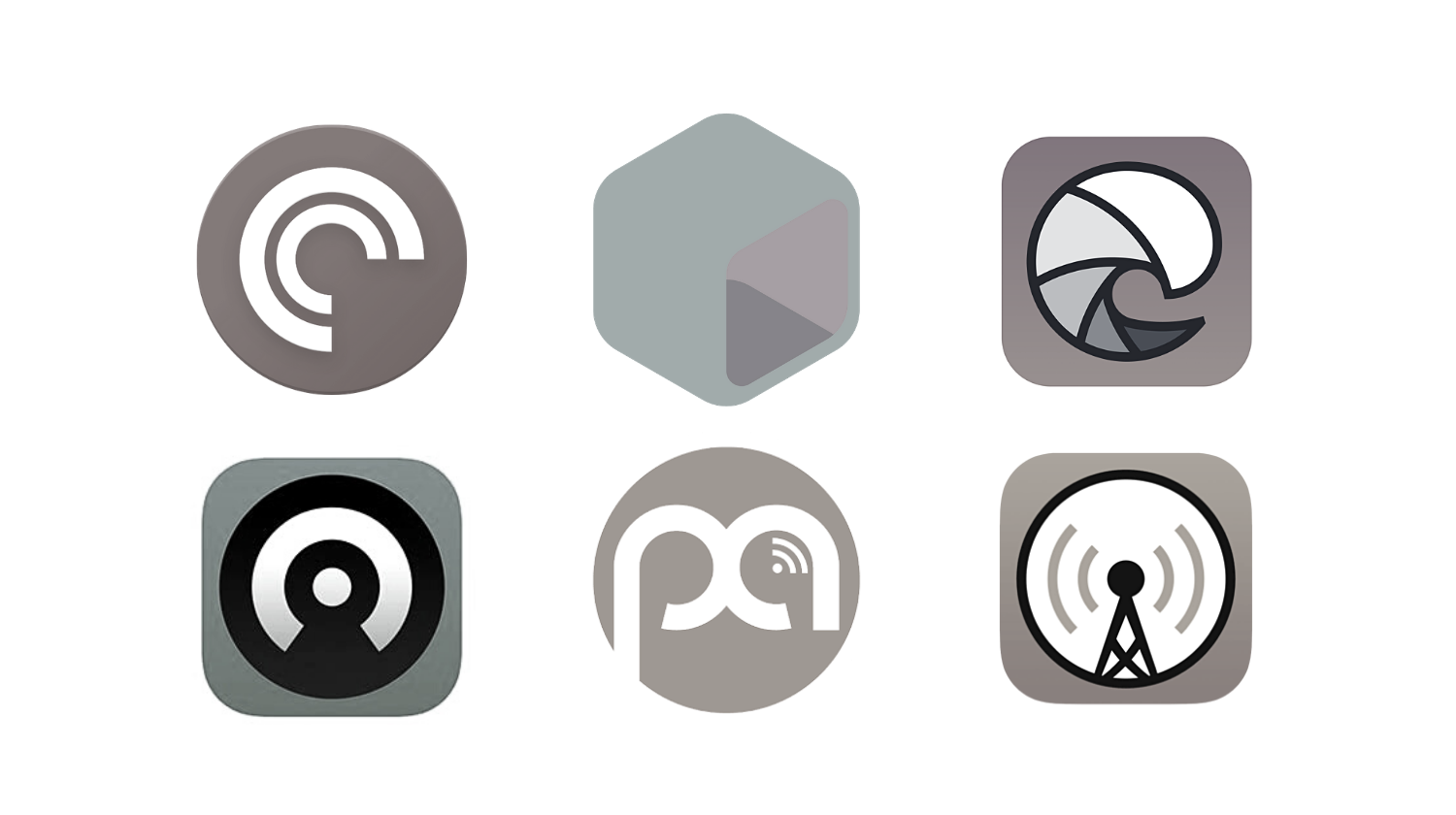interactive collaboration between Human Cognition and Artificial Intelligence.
Enjoy, think, share with others, and subscribe to the "Musing On Society & Technology" newsletter on LinkedIn.
Sincerely, Marco Ciappelli and TAPE3
If you are not in the mood to read, have TAPE3 AI read this for you.
It is cool, I won't judge you :)
Wake up!
It is time to muse!
🤔 🎶 🤘
A simple question with a few complicated answer: Why Not Cubes?
Embracing the Other - Anthropomorphism in Technology
In our relentless pursuit to humanize technology, from AI to robots, a curious question arises: why not cubes? Why do we, as humans, have a preference for creating machines that mirror our image and speak in our tongues? In my opinion, this isn't just a matter of design or functionality; it's a profound reflection of our nature and relationship with 'the other.'
Consider this: when we create robots in our likeness and program AI to mimic our speech patterns, we're not just engineering but seeking a mirror. This drive to anthropomorphize technology might stem from an innate desire to see ourselves reflected in the world around us. It's a fundamental aspect of our psychology - this search for ourselves in everything we encounter. It's comforting and familiar, but it also begs a provocative question: are we afraid to embrace diversity? Does it make the technology better or more functional at all?
Our focus on anthropomorphic technology could reveal a more profound discomfort with the "'other'" in a world teeming with varied life forms and perspectives. It makes one wonder: are we, as a species, so entrenched in our image that we fail to appreciate the value in the non-human, the unalike, the radically different?
Yet, let's not forget anthropomorphism serves specific psychological and sociological functions. It eases the integration of technology into our daily lives, making complex systems more approachable and relatable. It bridges the gap between the cold, impersonal machine and the warm, familiar human, facilitating smoother interactions and fostering trust.
Sure that make sense, but let’s now imagine a future where the lines between humans and machines blur. Robotics live among us, not as foreign entities but as extensions of our own. In this world, we might become partially android, embedding technology into our essence. This vision raises profound questions about identity, ethics, and the nature of existence. What does it mean to be human in a world where our reflections are not just in mirrors but in the silicon and circuits of the technology we've created? Will our quest to humanize technology ultimately lead to a deeper understanding of ourselves, or will it reveal our limitations in embracing the genuinely diverse and unknown?
As we look into the future of this brave new world, it's time to ponder on a few of these questions.
Are we molding technology in our image to understand it better, or are we avoiding the challenge of engaging with the truly diverse and unfamiliar?
Are we displaying with arrogance an unspoken belief in the supremacy of the human form?
Is there a true advantage into anthropomorphizing technology to the point that one day the human species will become one with it?
From one perspective this anthropocentric view may limit our capacity to comprehend and appreciate forms of intelligence that differ radically from our own. It begs the question of whether our creative aspirations are bounded by the horizons of our self-image and therefore limits our evolution into what could be a much better, even if quite different, humanity.
From another perspective, as we merge our existence with technology, we are embarking on a journey that transforms our external world and challenges what we consider the untouchable part of the human experience. It is a journey that questions the notions of consciousness, identity, and the soul. As we create machines that can mimic our emotions and replicate our thought processes, do we redefine what it means to have a consciousness, or do we merely expose the mechanical underpinnings of our own very human nature?
These questions do not have easy answers, yet they are essential to explore as we stand on the cusp of a new era in human evolution. We are not merely creating tools but shaping the future narrative of what it means to be human. This journey, filled with philosophical musing and ethical dilemmas, invites us to ponder not just the future of technology but the future of humanity itself.
Why Not Cubes? Is a simple and yet compelling question that encourages us to think more deeply about our relationship with technology, the reasons behind our design choices, and the broader implications of those choices in terms of ethics, functionality, psychology, and social interaction.
By Marco Ciappelli & TAPE3
This piece of writing represents the peculiar results of an interactive collaboration between Human Cognition and Artificial Intelligence.
Enjoy, share with others, and subscribe to the "Musing On Society & Technology" Newsletter.






